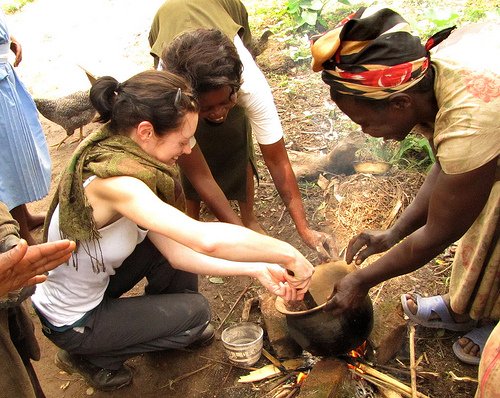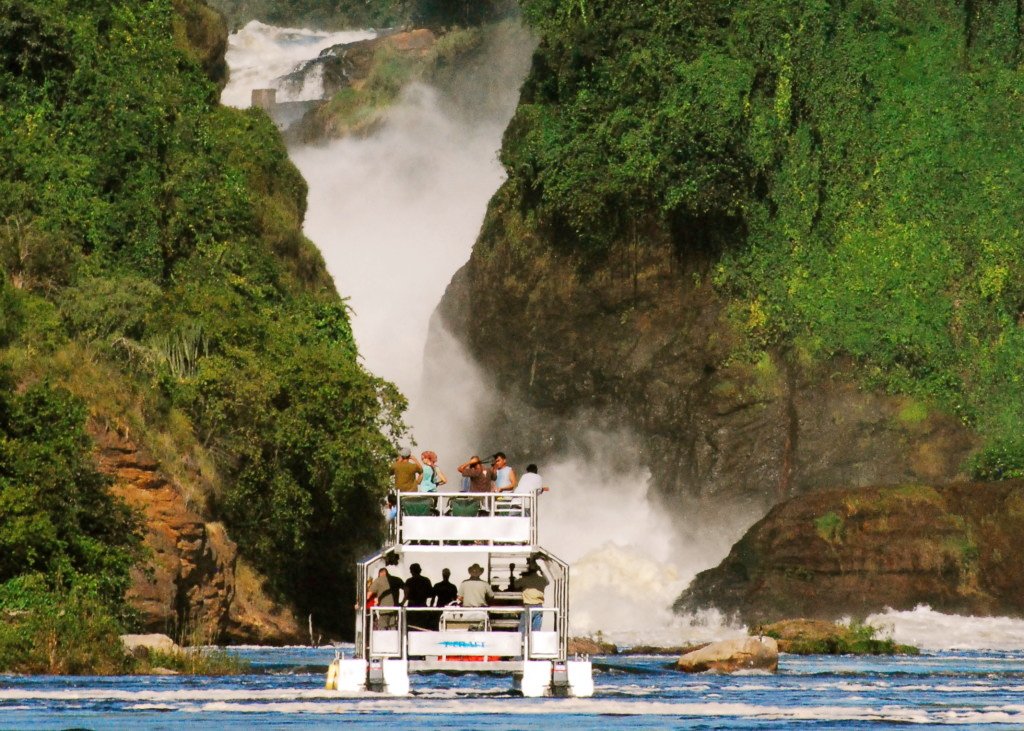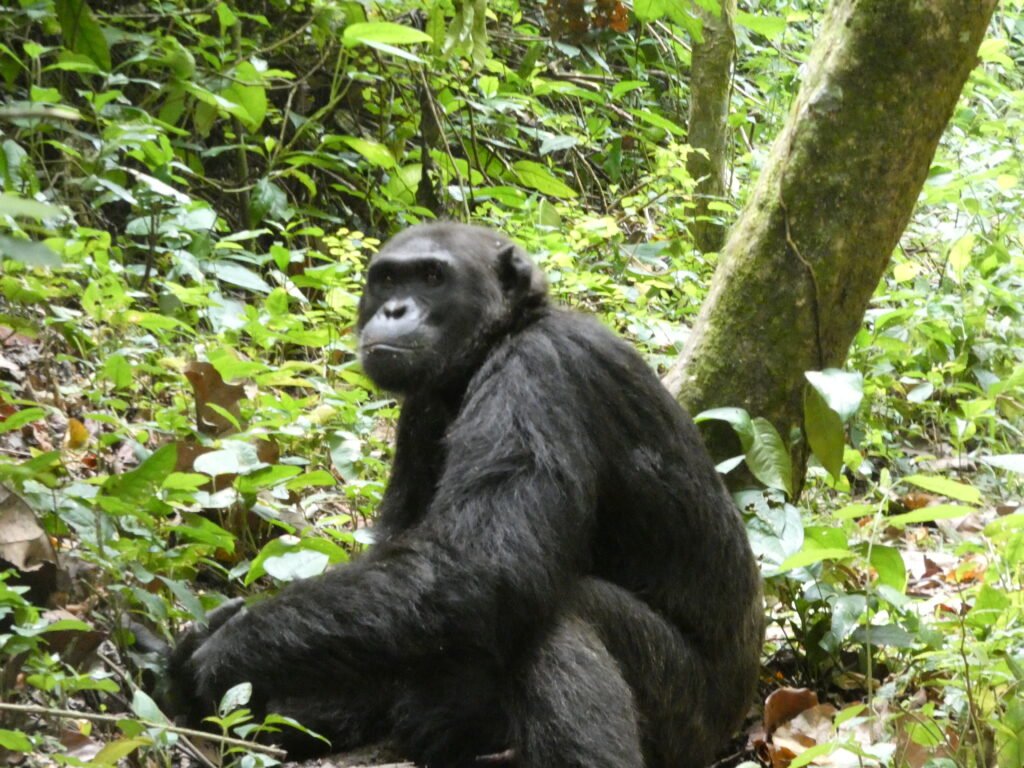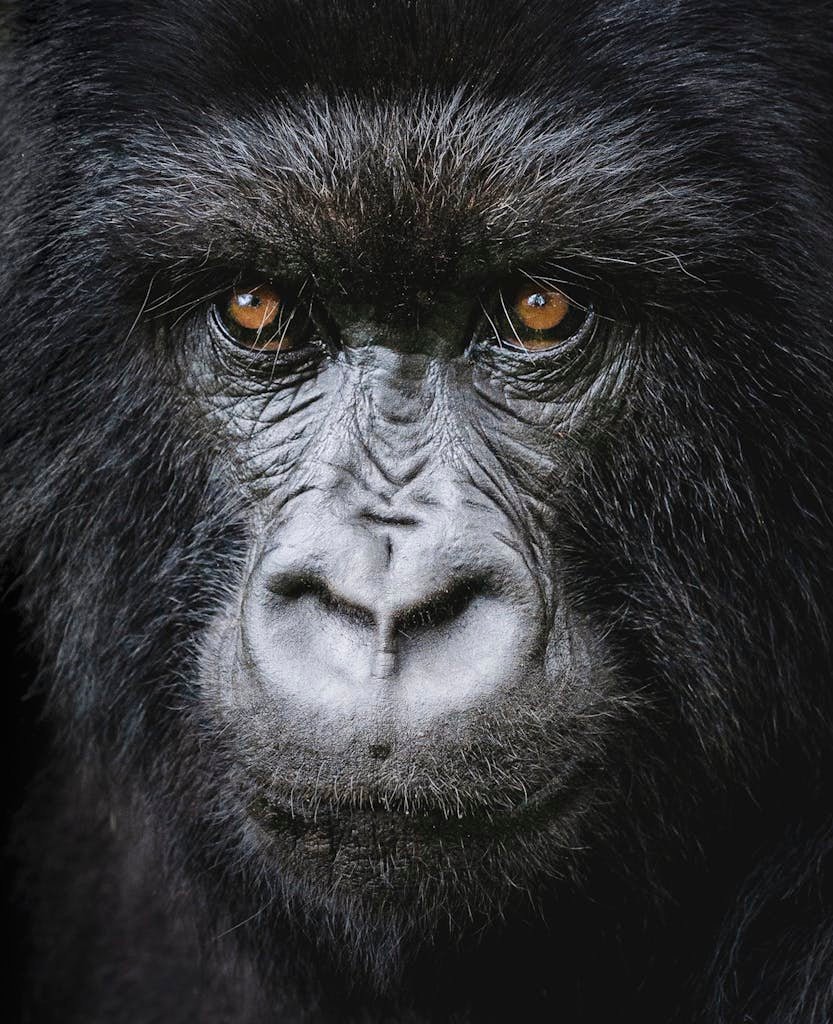What to Pack for Gorilla Trekking in Uganda and Rwanda: The Ultimate Checklist
Gorilla trekking in Uganda is one of the most unforgettable wildlife experiences on earth. But before you set out to meet the majestic mountain gorillas of Bwindi Impenetrable Forest or Mgahinga National Park, you need to be prepared. This gorilla trekking packing list will help you know exactly what to bring for a safe, comfortable, and enriching trek through Uganda’s wild terrain.
Table of Contents
Why Packing Right Matters

Trekking to see mountain gorillas is a once-in-a-lifetime opportunity. But it also involves hours of hiking through steep, muddy rainforest, often in unpredictable weather. Having the right gear makes all the difference between a grueling challenge and a magical journey. Plus, packing smart supports conservation as following guidelines protects both you and the gorillas.
Essential Clothing for Gorilla Trekking
1. Long-Sleeved Shirt and Long Trousers
- Protects from thorns, branches, and insect bites
- Light, breathable material is best
2. Waterproof Hiking Boots
- Must be sturdy and broken in
- Ankle support helps on steep, slippery trails
3. Rain Jacket or Poncho
- Rain is common, even in the dry season
- Lightweight and packable
4. Garden Gloves
- Helpful when grabbing onto branches for support
- Protects your hands from nettles and thorns
5. Hat with a Brim
- Provides sun protection
- A neck flap is a plus
6. Gaiters or High Socks
- Keeps mud, insects, and sharp vegetation out of your boots
Gear and Accessories
7. Daypack
- Lightweight with rain cover
- Should carry water, snacks, camera, and other essentials
8. Reusable Water Bottle or Hydration Pack
- Stay hydrated during the trek (at least 2 liters recommended)
9. Energy Snacks
- High-protein bars or dried fruit keep your energy up
10. Camera with Extra Batteries and Memory Cards
- Flash photography is prohibited, but you’ll want to capture the moment
11. Binoculars
- Great for birdwatching and spotting primates from afar
12. Walking Stick
- Often provided, but bringing a collapsible one is helpful
Health and Hygiene
13. Insect Repellent (DEET-based)
- Mosquitoes and forest insects are common
14. Sunscreen and Lip Balm
- Even in the forest, UV rays are strong
15. Personal First Aid Kit
- Include blister care, painkillers, antiseptic wipes, and any medication
16. Face Mask (and a spare)
- Required to help protect the gorillas from human illness
Travel Documents & Essentials
17. Gorilla Trekking Permit
- Must be obtained in advance; Amatsiko Tours arranges this for you
18. Passport and ID
- Required at the park entrance
19. Travel Insurance
- Should cover trekking and medical evacuation
Optional but Useful Items
- Dry bag or ziplocks for electronics
- Lightweight fleece (mornings can be chilly)
- Notebook or travel journal
FAQ: Gorilla Trekking Packing List
Q: What kind of shoes should I bring for gorilla trekking in Uganda?
A: Bring waterproof hiking boots with ankle support. Trails can be muddy and steep.
Q: Is a rain jacket necessary for gorilla trekking?
A: Yes. Rain is frequent in the rainforest, even in dry seasons. A light, packable jacket is ideal.
Q: Should I bring gloves for gorilla trekking?
A: Yes, gardening gloves protect your hands when grabbing branches or navigating tough terrain.
Q: Do I need to carry my gorilla permit with me?
A: Absolutely. Your permit will be checked before you begin the trek.
Q: Can I wear shorts on the trek?
A: It’s not recommended. Long trousers protect against scratches and insects.
Gorilla Trekking Packing List-Final Tips

Remember: you only get one hour with the gorillas. Being well-prepared helps you focus on the magic of the moment, not on blisters, soaked clothes, or forgotten gear. Use this gorilla trekking packing list to get ready for one of the most awe-inspiring encounters nature has to offer.
Planning your trek? Contact Amatsiko Tours for personalized gorilla trekking packing list, tips, permit booking, and ethical, community-rooted adventures in Uganda.
For more details on Gorilla Trekking Tours with Amatsiko or to review official Uganda Wildlife Authority Guidelines and CDC Travel Health Advice, visit their websites.







